What You Will Learn
Many new bartenders don’t know the difference between a bartender license, training, certificate, or test. That’s why we created this guide! This will help you find what you’re looking for, along with a handy breakout by the state at the end. We’ll answer:
- What is a bartending license (and isn’t)
- Why do you need a bartending license
- Why a bartending license is mandatory or required
- Who should get their bartender’s license
- What topics are discussed in bartending license training
- How long does it take to get a bartending license
- How much is a bartending license
- How to get a bartending license
- How state rules and regulations can affect you
- How to manage a group of licensed bartenders at once
A bartending course will teach you what you need to know to serve alcohol under your state’s rules and regulations responsibly. You can get a bartending license online or in person. Anyone who wants to start learning or brush up on their bartending knowledge can do so quickly and at their own pace.
What Is A Bartender License?
If you’re searching for a bartender’s license, you are probably looking for something to prove you can sell or serve alcohol. In this case, a program that explains the rules and regulations surrounding the sale and service of alcohol. Think of it as a driver’s license, for simplicity’s sake.
License Types
There are three main types of licenses: delivery, on-premise, and off-premise. Delivery lets you transport and deliver alcohol to a person. On-premise refers to those who sell AND serve alcohol, such as a bartender, server, or manager in a restaurant, bar, tavern, or nightclub. Off-premise refers to those who only sell the alcohol and don’t serve it, such as in a liquor store, grocery store, convenience store, party store, or gas station. So, the job you hold may determine which type of license you need. The state you are training for may offer the training as an all-in-one option (like Montana), only make one type of license mandatory (in Georgia, alcohol delivery certification is mandatory while on and off-premise is not), or separate the training depending on if your work on or off-premise (like Illinois Basset).
Bartender Licensing Programs
A state may use a more official term to refer to its licensing program, document received after completion, or both. Specific states have different terms and requirements, so select the right option. For example, in Pennsylvania, you will take the Pennsylvania Responsible Alcohol Management Program (RAMP) or RAMP Seller/Server Training. In Illinois, you will take Illinois BASSET certification to receive a BASSET Card.
These course certificates are not transferable from one state to another. A certificate in Pennsylvania doesn’t mean you can pour or serve drinks in Wisconsin. Unlike driver’s licenses, they do not carry across state borders, and that’s an important consideration as some states mandate you be licensed. Remember: the license applies to the state you work in, not the state you live in, so get the appropriate bartender license in the state where you work.
What Is The Alcohol Certification Called?
Bartending License, Permit, Certificate, Certification, and Training: What’s the Difference?
The semantics of using a license in place of a permit, certificate, certification, and training may not seem obvious. All you need to know is that a bartending license is the correct generic term. However, we’ll provide a more profound explanation if you want to read more.
Bartending License/Mixology License
From the previous definition, a bartending, bartender, or mixology license is a blanket term that refers to a document. In all states where alcohol serving training is regulated by a government agency (i.e., the Wisconsin Department of Revenue), you receive a license.
Bartending Permit/Certificate
A permit is a broad term but usually means you are permitted to do something safety-related. Yes, selling and serving alcohol is safety-related. So, technically, you’re receiving a bartending permit. However, since the federal government regulates the sale of alcohol, United States Congress (21st Amendment ratified 12/05/1933), the correct word still circles back to a license.
A “certificate” is a document of evidence given to an individual upon completion. However, only non-regulated and non-government agencies use them. For example, Serving Alcohol can issue you a certificate.
Bartending Certification and Bartender Training
Finally, “certification” and “training” are the acts of becoming certified, resulting in certification. So, bartending certification and bartender training would only apply to taking one of our Serving Alcohol courses.
What Certifications do I need to be a Bartender?
Depending on your state, an alcohol certification or license may or may not be required. We have a list of what states require a certification or license. The difference between the two can be found in this article. Illinois and California require a bartending license due to their state-mandated alcohol training regulations. In Illinois, it’s called Illinois BASSET Certification, and in California, it’s called California RBS Training Certification. Whereas a certification in Florida would not be considered a license because it is voluntary training. Additional alcohol certifications, such as a mixologist, can be acquired through one of our Behind The Bar Excellence.
Liquor License
The term “liquor license” comes up occasionally when discussing a bartender’s license. It’s the license issued by the state or local authority for the business to sell or serve alcohol. For example, your local liquor store or grocery store is given a liquor license, which allows them to sell liquor to customers. However, this doesn’t limit the business to only selling liquor (varies by state). Sometimes, it’s used to describe all alcoholic beverages like liquor, beer, and wine (or a combination). Other times, a state may require you to apply for a beer, wine, and liquor license to sell each one.
Why Do You Need A Bartending License?
You need to know and understand the business. The licensing process is more about educating you on selling or serving alcohol (specifically when not to) than mixing drinks. (Check out our Behind The Bar Excellence for that).
Whether or not you work in a state that mandates training for alcohol serving or selling, you should always have a current alcohol seller-server license. The simple reason is that it reduces the likelihood of lawsuit involvement. And it goes beyond being involved in a lawsuit. There is jail time associated with making the wrong decisions in selling or serving alcohol, depending on the violation and the circumstances. Many employers insist you have it. Why? Because it lessens their liability exposure and their insurance cost.
Our courses intend to bring awareness of when you should not sell, serve or continue to serve alcohol and how to maintain a safe environment. Selling alcohol is not the same as having a lemonade stand at twelve years old. Substance Abuse (alcohol, tobacco, illicit drugs) is the nation’s second-highest threat to Americans. Your responsibility is to make sure alcohol doesn’t get into the wrong hands or contribute to a tragic situation that is avoidable.

Below are the critical reasons for completing the certification.
- Ignorance of the law is no excuse; it may lessen your chances of getting sued.
- In states with non-mandatory licensing, your employer will be more interested in candidates with a seller server license, as it can lessen their liability insurance costs.
- Seller server courses cover the ‘Do’s and Don’ts’ when selling and serving alcohol and will give you best practices in reducing conflict and handling individuals under the influence.
- Training will teach about the effects of alcohol, rate of intoxication, and signs of intoxication, all vital elements of understanding the impact of alcohol and your customer.
- To better understand administrative versus civil versus criminal laws and penalties for violating alcohol laws in your state.
- Learn when not to serve, avoiding sales to minors and others where the sale violates the law.
Is Having A Bartenders License Mandatory?
We will always, always strongly recommend you have a bartender license.
Bartending License Mandatory – State/Local
A bartending license becomes mandatory when that state’s legislature passes a law requiring alcohol seller-server licensing. The same may be true at the county or city level when a local government passes an alcohol seller-server ordinance. These laws are passed to protect citizens and the community by reducing the number of drunk drivers and minor adults gaining access to alcohol. For more information on liability, we recommend visiting Dram Shop Laws and Social Host Liability in Each State (NOLO). There are a few exceptions to this rule (shown in parentheses below, which we’ll discuss in more detail later in the article):
|
|
Bartending License Required – Business/Insurance
In many cases, when the state does not require a bartender’s license, it will be by the business or insurance carrier. A license has clear benefits, like knowing the rules, regulations, and best practices of selling and serving alcoholic beverages. This will significantly help you protect yourself from liability by teaching you how to safely sell and serve alcoholic beverages to avoid any incidents that could lead to harmful results.
We offer training for every type of alcohol seller and server licensing. Stop by and find your state and the applicable seller server license. We also provide a Responsible Alcohol Manager’s course, which is not mandated everywhere but gives you the best management practices when running an establishment that sells or serves alcohol.

Who Should Get Their Bartenders License?
All staff who sell, serve, and deliver alcohol should receive training. It’s good for business, it helps mitigate risk, and insurance policy providers recommend alcohol seller-server training.
Are you trying to get more than one person licensed? We have a Business Account that lets you start now and pay later.
What Topics Are Discussed In Bartending License Training?
State certifications on the sale and service of beer, wine, and liquor are not designed to test or increase your proficiency in mixology. Instead, they focus on:
In addition to these requirements, Serving Alcohol focuses on:
-
- Protecting you and the establishment from liability.
- How to recognize a minor or someone who is intoxicated.
- How to prevent customers from being overly intoxicated (and what to do if it happens).
(And we like to think it’s interactive and fun!)
How Long Does It Take To Get A Bartending License?
You should expect to block at least four hours out of your day. While some states leave the training length up to the training provider. Other states require training to be at minimum 2-4 hours, for example:
- Illinois BASSET
- Michigan
- Montana
- New York ATAP
- Oregon
- Pennsylvania RAMP
- Tennessee
- Texas TABC
- Wisconsin
How To Get A Bartending License?
You should get your license through a reputable provider. With over 40 years of experience teaching alcohol certification principles, our recommended Alcohol Certification Training course offers in-depth knowledge that is easy to follow and understand. Serving Alcohol Inc. goes beyond the basics of alcohol awareness and carding techniques to deliver everything you need to know as an alcohol seller-server in your state.
We offer:
-
- Online interactive and self-paced training
- 100% Pass Guarantee or get your money back
- 24/7 USA-based Customer Support
How State Rules And Regulations Can Affect You
The material below contains information from various official state and federal agencies subject to frequent change. Because laws and regulations shift quite frequently, we have tried to include links to relevant data for you to review. A good jumping-off point is the US Department of Treasury, Alcohol and Tobacco Tax Trade Bureau.
How To Manage A Group Of Licensed Bartenders
A knowledgeable, certified staff is the essential element to protecting your business. Besides those required by your state and liability insurance carrier, responsible alcohol business practices will enhance your business and profits. Our alcohol certification courses keep you, your employees, and your community safer. Our Business Account is only available to alcohol selling or serving businesses.
Bartending License Conclusion
A bartending license or bartender license is a blanket term that refers to a document. This document is given to an individual upon completing either a state-certified program or a program. In this case, a program that fulfills an explanation of the rules and regulations surrounding the sale and service of alcohol. You should get a bartender license to become knowledgeable and protect yourself and the business.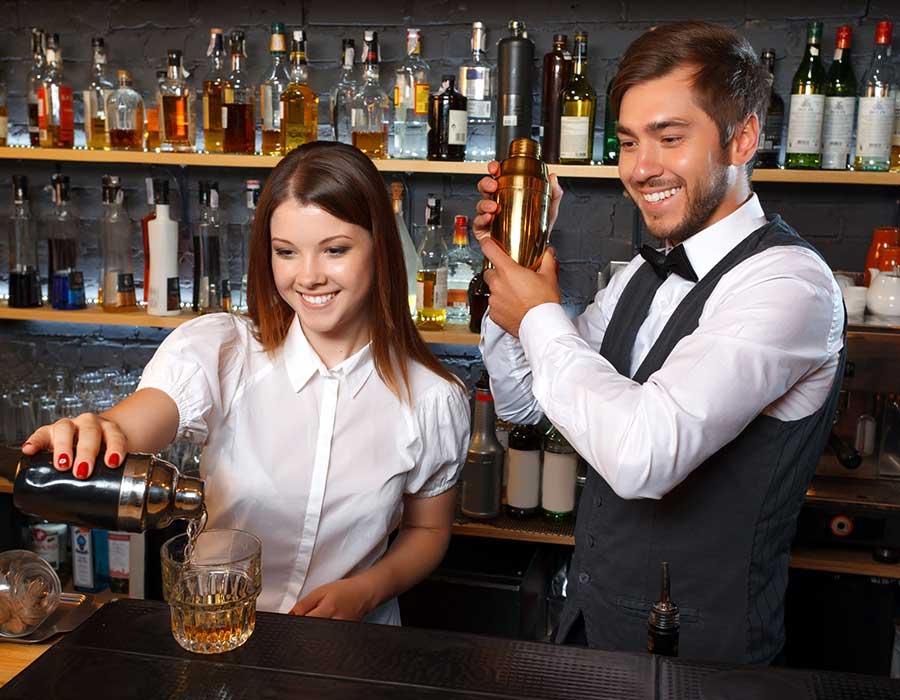
Some states and insurance providers make it a requirement before selling and serving alcohol. However, all staff who sell, serve, and deliver alcohol receive training should attend training regardless. It typically takes 2-4 hours and costs $10-20.
Serving Alcohol’s training explains rules and regulations surrounding the sale and service of alcohol, illustrates the effects of alcohol on the body, introduces policy and procedure standards, prepares you to check IDs and spot a fake, and teaches you how to intervene when you need to refuse a sale. You can enroll online now by finding your state. If you want to manage multiple licensed bartenders simultaneously, you can use our Business Accounts to help.

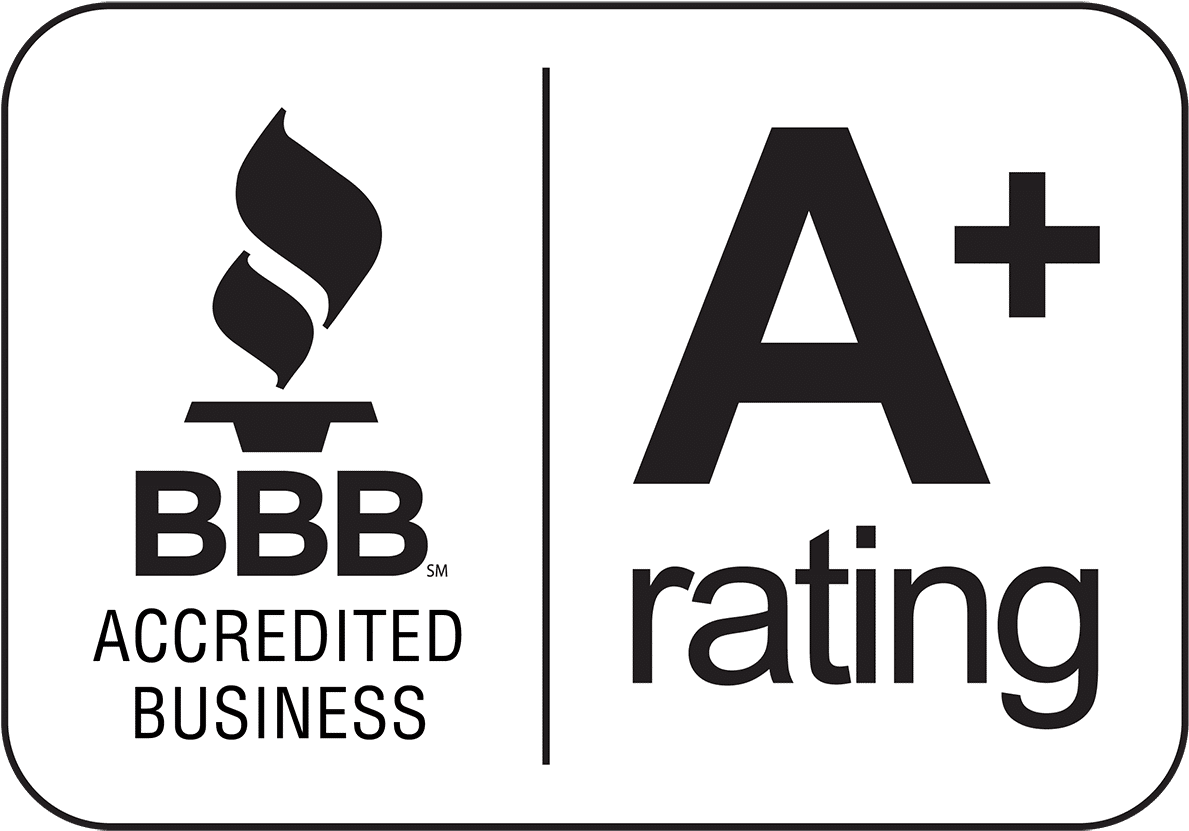
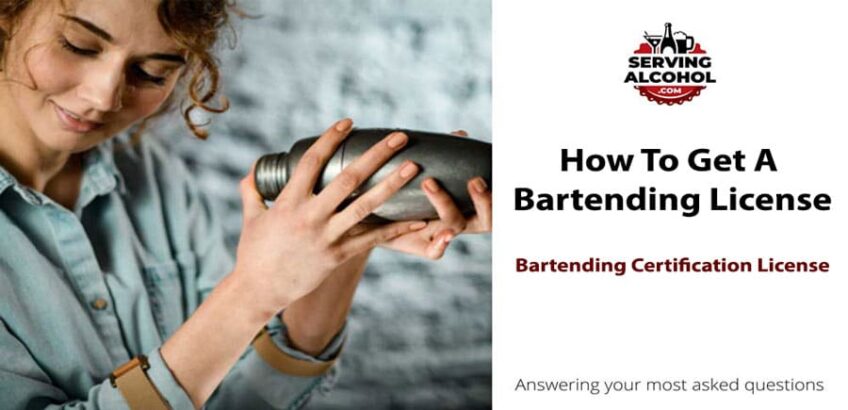
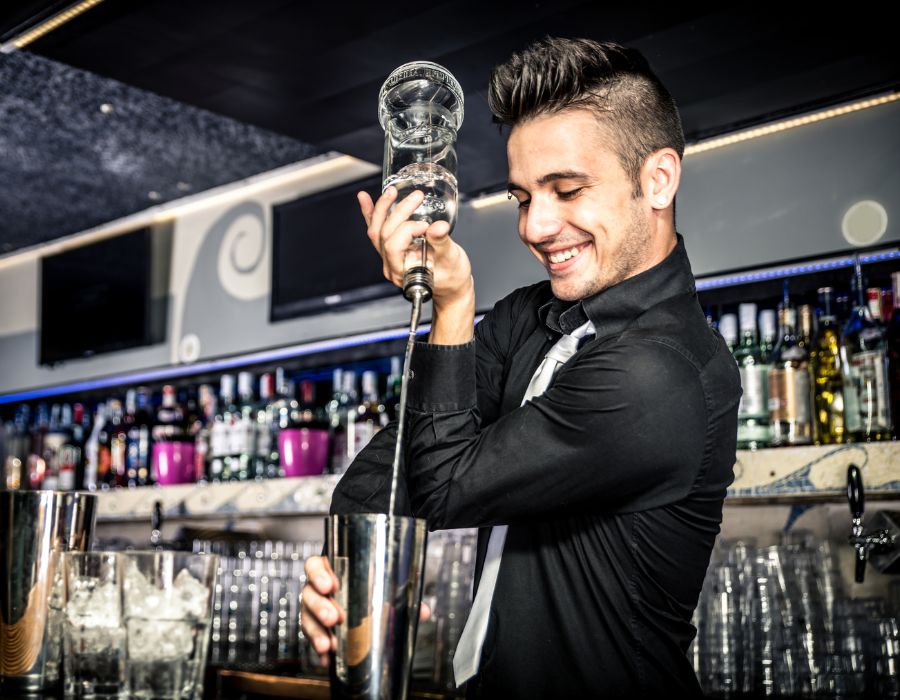
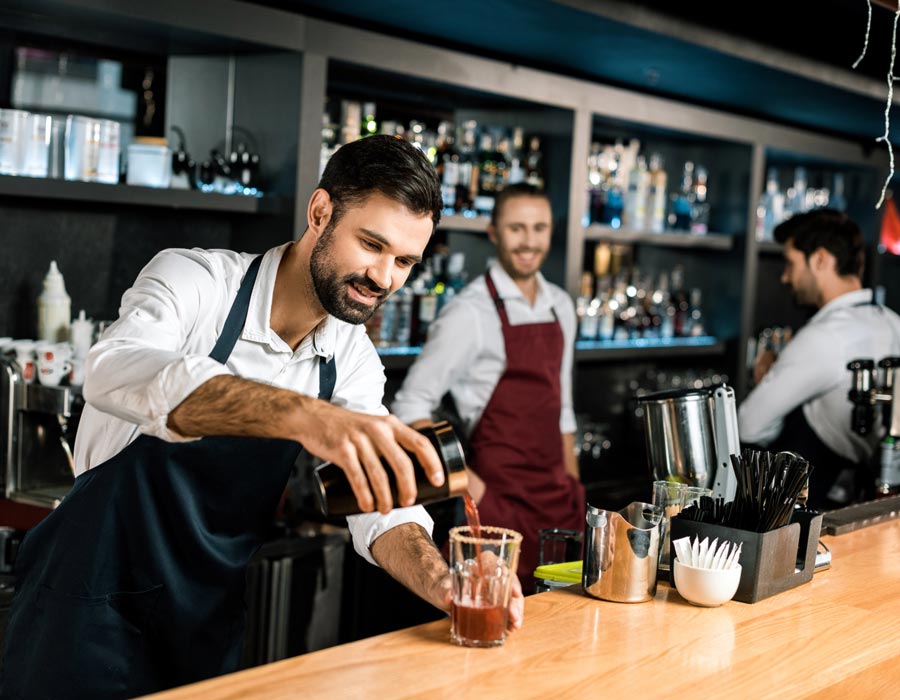
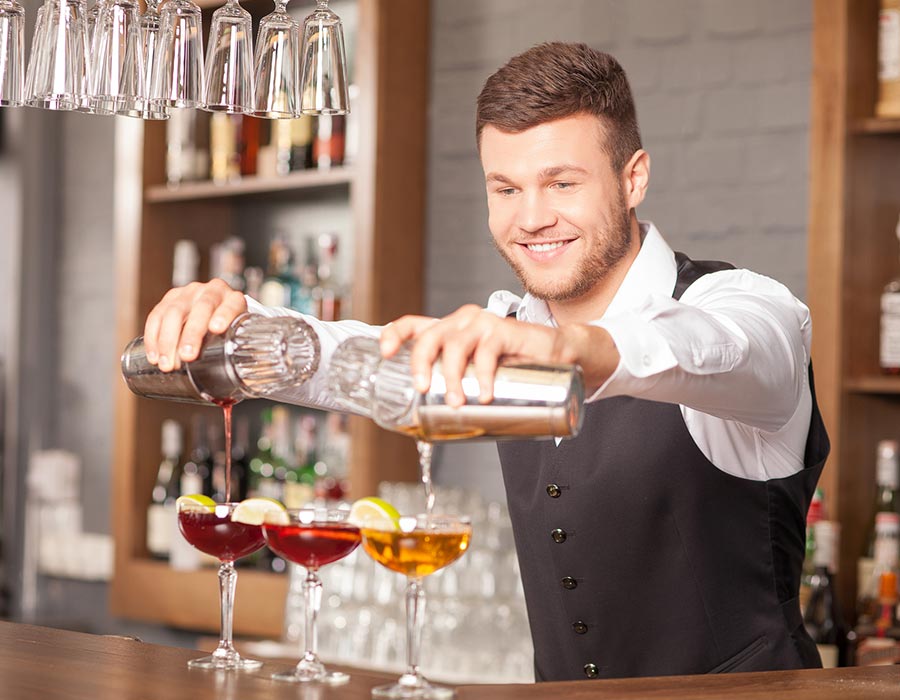
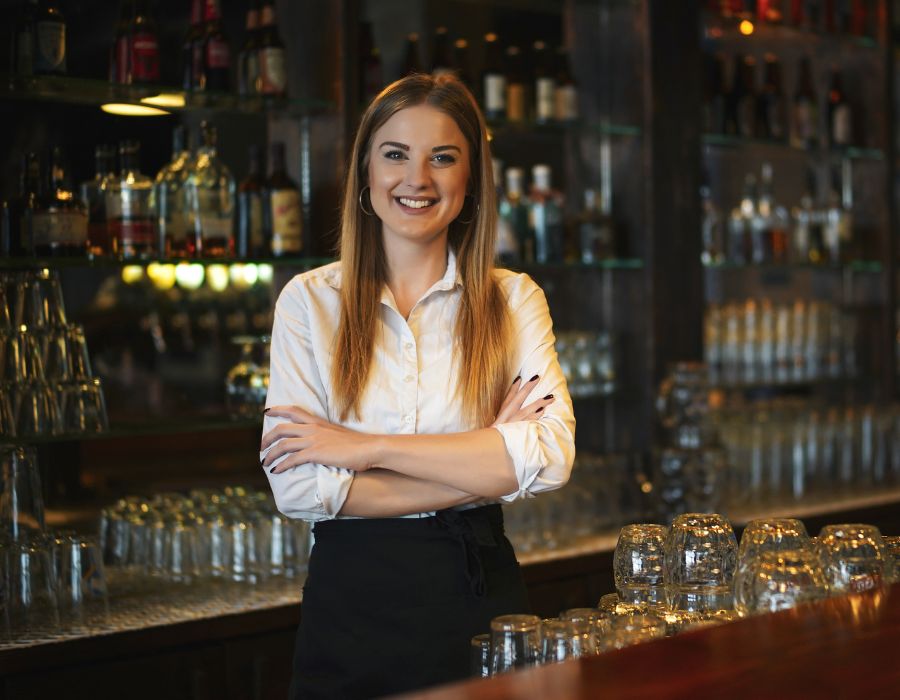


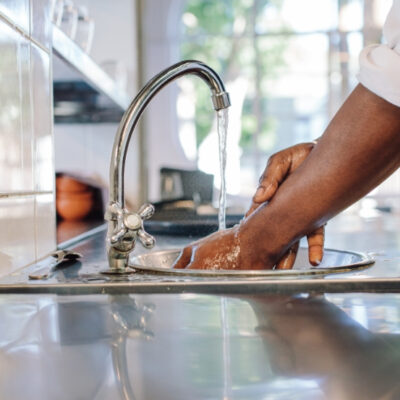
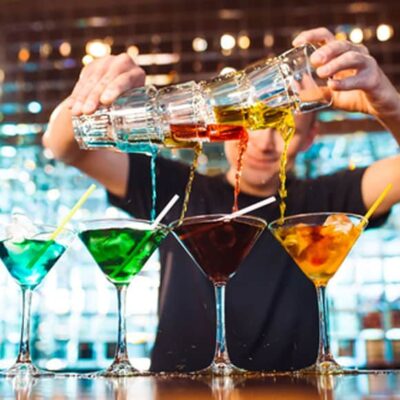

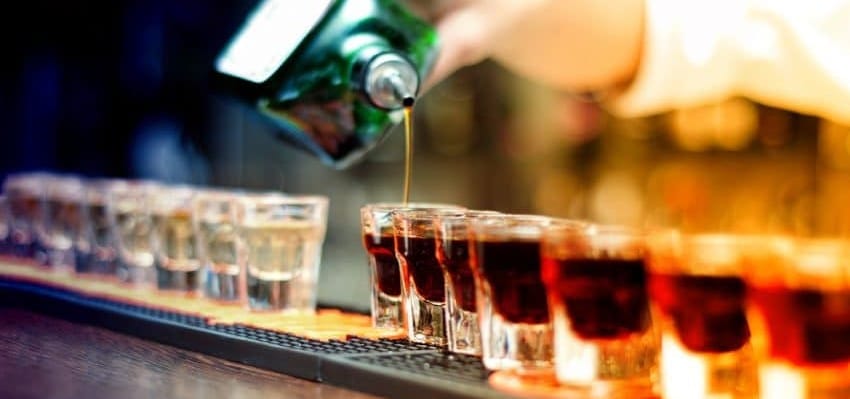

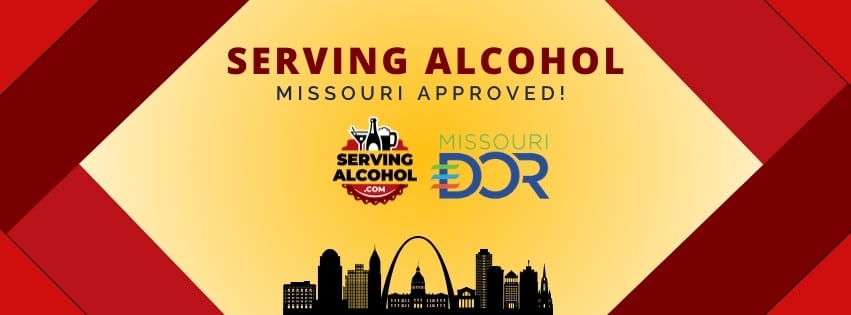

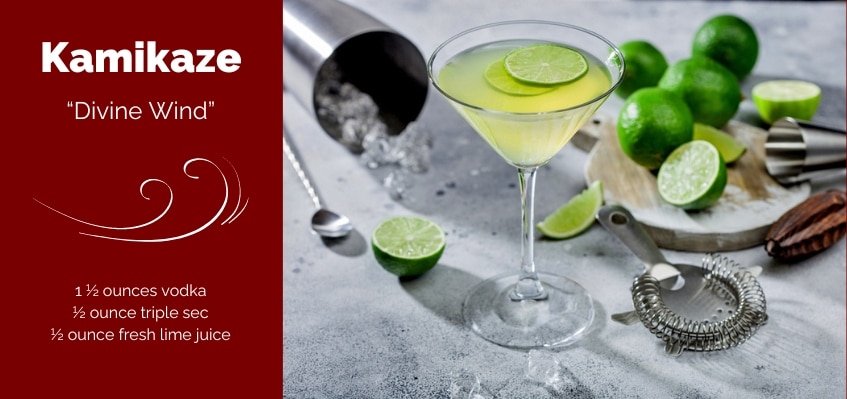
Leave a Reply
You must be logged in to post a comment.